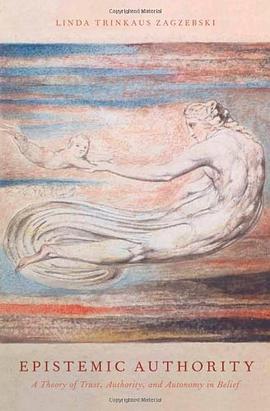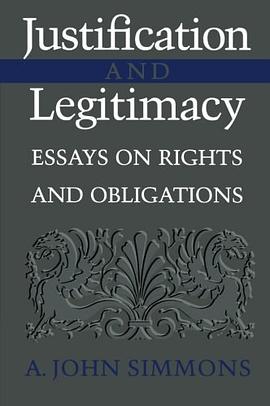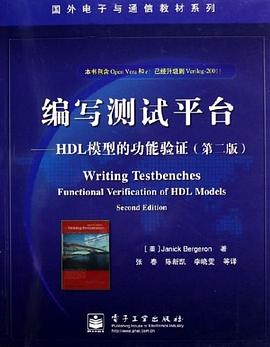

具体描述
In this book Linda Trinkaus Zagzebski gives an extended argument that the self-reflective person is committed to belief on authority. Epistemic authority is compatible with autonomy, but epistemic self-reliance is incoherent. She argues that epistemic and emotional self-trust are rational and inescapable, that consistent self-trust commits us to trust in others, and that among those we are committed to trusting are some whom we ought to treat as epistemic authorities, modeled on the well-known principles of authority of Joseph Raz. Some of these authorities can be in the moral and religious domains. Why have people for thousands of years accepted epistemic authority in religious communities? A religious community's justification for authority is typically based on beliefs unique to that community. Unfortunately, that often means that from the community's perspective, its justifying claims are insulated from the outside; whereas from an outside perspective, epistemic authority in the community appears unjustified. But as Zagzebski's argument shows, an individual's acceptance of authority in her community can be justified by principles that outsiders accept, and the particular beliefs justified by that authority are not immune to external critiques. Why have people for thousands of years accepted epistemic authority in religious communities? A religious community's justification for authority is typically based on beliefs unique to that community. Unfortunately, that often means that from the community's perspective, its justifying claims are insulated from the outside; whereas from an outside perspective, epistemic authority in the community appears unjustified. But as Zagzebski's argument shows, an individual's acceptance of authority in her community can be justified by principles that outsiders accept, and the particular beliefs justified by that authority are not immune to external critiques.
作者简介
Linda Trinkaus Zagzebski is Kingfisher College Chair of the Philosophy of Religion & Ethics and George Lynn Cross Research Professor at the University of Oklahoma. Her work focuses on epistemology, philosophy of religion, virtue ethics, and the metaphysics of fatalism. She is the author of many books including On Epistemology (2008), On Philosophy of Religion: An Historical Introduction (2007), Divine Motivation Theory (2004),Virtues of the Mind (1996), The Dilemma of Freedom and Foreknowledge (1991).
目录信息
读后感
评分
评分
评分
评分
用户评价
行文流畅易读,有新意且有价值的研究视野。
评分(Not quite relevant)
评分第一本(暂定)系统讨论理论权威的力作,初步观感非常棒,作者要点抓的相当精准。
评分(Not quite relevant)
评分(Not quite relevant)
相关图书
本站所有内容均为互联网搜索引擎提供的公开搜索信息,本站不存储任何数据与内容,任何内容与数据均与本站无关,如有需要请联系相关搜索引擎包括但不限于百度,google,bing,sogou 等
© 2025 book.wenda123.org All Rights Reserved. 图书目录大全 版权所有




















